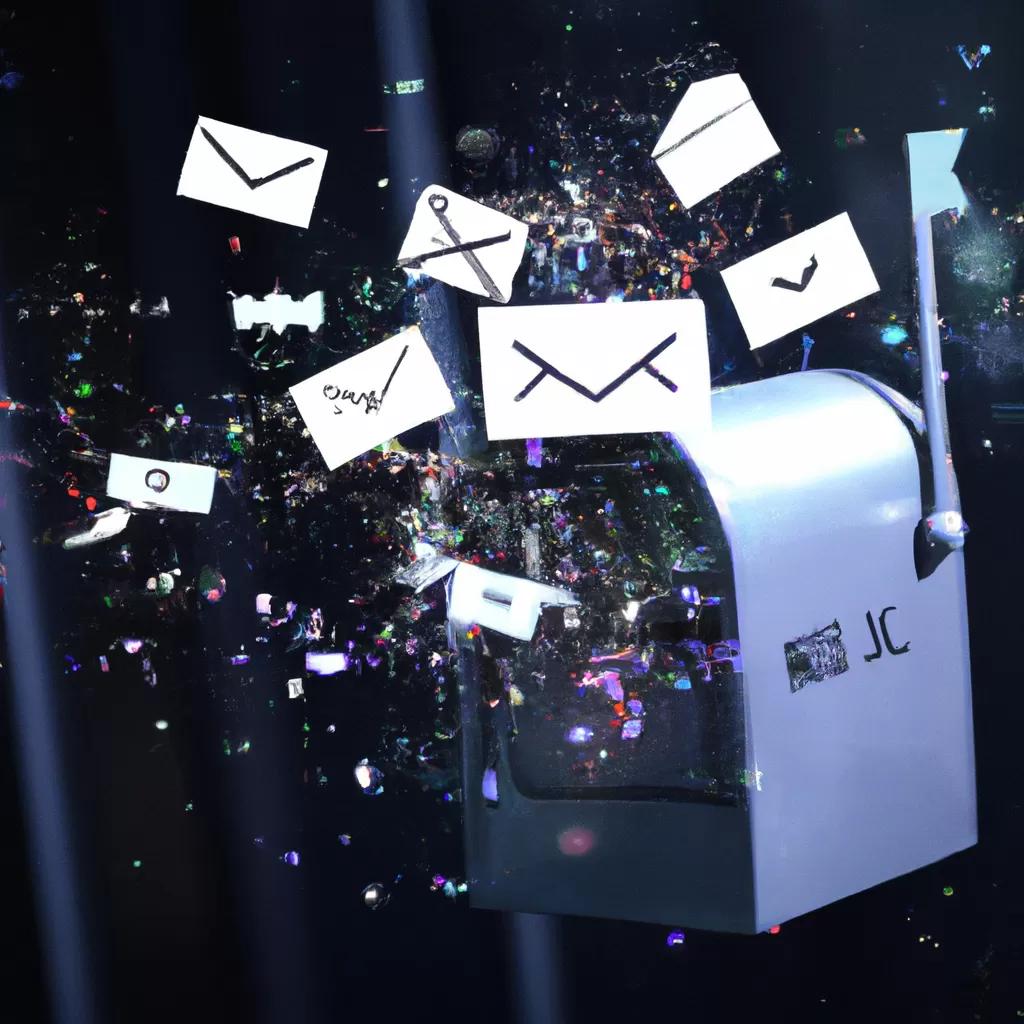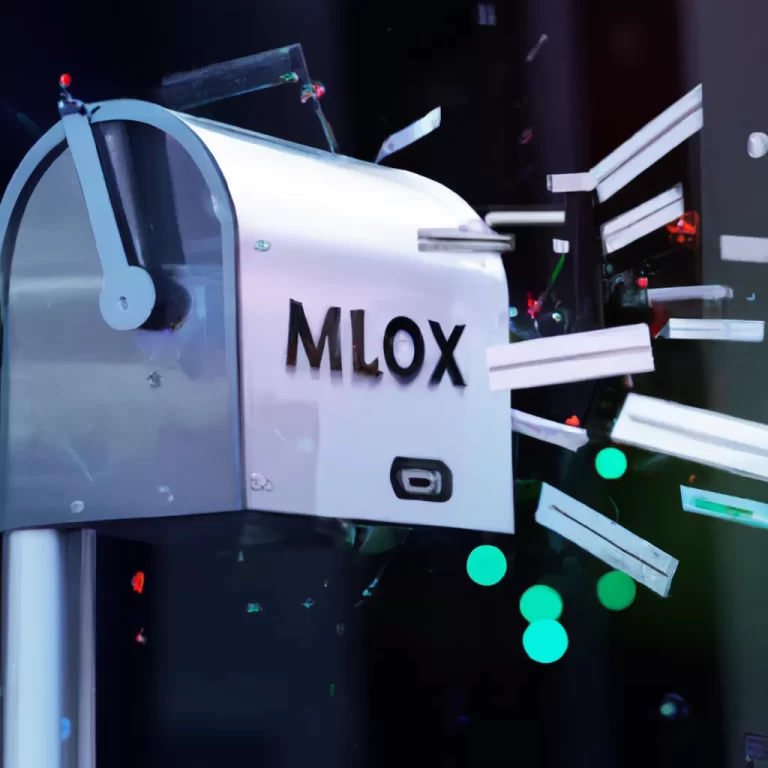5 Ways Email Overload Is Ruining Your Life (And How to Take Back Control)
****
In today’s fast-paced digital world, email has become an essential communication tool. However, the constant influx of emails can quickly turn from a helpful resource into a source of stress and overwhelm. If you find yourself drowning in a sea of unread messages and feeling like you can never catch up, you’re not alone. Email overload is a common problem that can have serious consequences for your productivity, mental health, and overall well-being. Here are five ways email overload may be ruining your life and practical strategies to help you regain control.
**1. Constant Distraction and Reduced Productivity**
Email notifications popping up on your screen throughout the day can be a major distraction, pulling your focus away from important tasks and disrupting your workflow. Constantly checking and responding to emails can lead to a fragmented workday, making it difficult to concentrate and complete tasks efficiently.
**How to Take Back Control:** Set specific times during the day to check your email instead of constantly monitoring it. Turn off email notifications to minimize distractions and create dedicated blocks of time for focused work without interruptions. By establishing boundaries with your inbox, you can reclaim your productivity and work more effectively.
**2. Increased Stress and Anxiety**
The never-ending stream of emails demanding your attention can contribute to feelings of stress and anxiety. The pressure to respond promptly, keep up with incoming messages, and manage your inbox can take a toll on your mental health, leading to burnout and feelings of overwhelm.
**How to Take Back Control:** Practice mindfulness and set realistic expectations for yourself regarding email response times. Use techniques such as deep breathing or meditation to reduce stress levels when feeling overwhelmed by your inbox. Prioritize self-care and establish boundaries to protect your well-being from the negative impacts of email overload.
**3. Lack of Work-Life Balance**
Constantly checking and responding to emails outside of work hours can blur the boundaries between your professional and personal life, making it challenging to disconnect and recharge. The expectation of being available 24/7 through email can erode your work-life balance and prevent you from fully enjoying your time off.
**How to Take Back Control:** Establish clear boundaries between work and personal time by setting designated email-free periods, such as evenings and weekends. Communicate your availability to colleagues and clients to manage expectations around response times. By creating a healthy work-life balance, you can prevent email overload from encroaching on your personal time and well-being.
**4. Information Overload and Decision Fatigue**
The sheer volume of emails flooding your inbox can lead to information overload, making it difficult to prioritize and process important messages. Constantly sifting through a barrage of emails can result in decision fatigue, where you feel mentally drained and struggle to make meaningful choices.
**How to Take Back Control:** Implement email management strategies such as categorizing messages, using filters and folders to organize your inbox, and unsubscribing from unnecessary mailing lists. Prioritize important emails and delegate tasks when necessary to streamline your workflow and reduce decision fatigue. By decluttering your inbox and focusing on essential messages, you can regain clarity and efficiency in your email communication.
**5. Negative Impact on Relationships and Communication**
Relying too heavily on email as the primary mode of communication can hinder meaningful interactions and lead to misunderstandings. Tone and context can be easily misinterpreted in written messages, potentially causing conflicts or breakdowns in relationships.
**How to Take Back Control:** When possible, opt for face-to-face or phone conversations for important discussions to ensure clear communication and avoid misinterpretations. Use email as a tool for sharing information rather than for complex or sensitive conversations. Practice active listening and empathy in all forms of communication to foster positive relationships and prevent misunderstandings.
In conclusion, email overload can have detrimental effects on various aspects of your life, from productivity and mental health to relationships and work-life balance. By recognizing the ways in which email overload may be impacting you negatively and implementing practical strategies to take back control, you can reclaim your time, focus, and well-being. Remember that managing your email effectively is not just about inbox organization but also about setting boundaries, prioritizing self-care, and fostering healthy communication habits. By striking a balance between staying connected and preserving your mental health, you can navigate the digital landscape with greater ease and efficiency.







